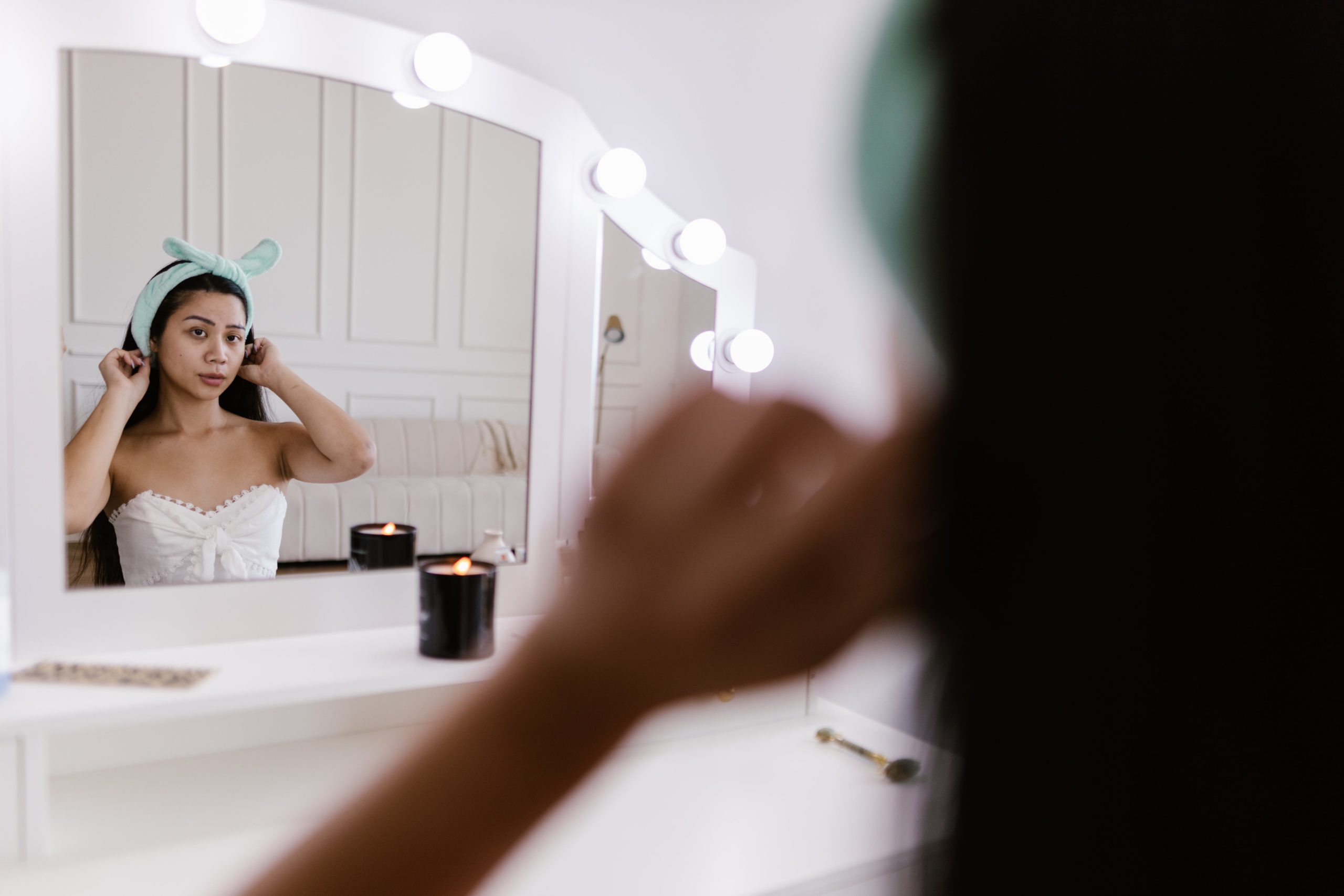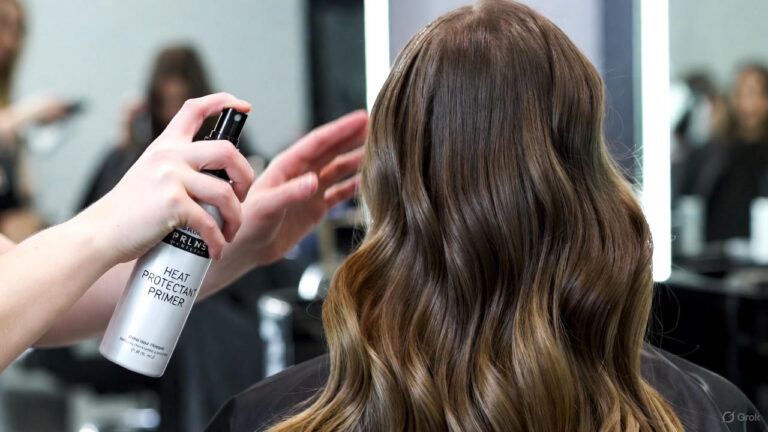Stress and sleep issues have become increasingly prevalent. The search for effective, natural remedies has led many to explore alternative therapies, and one such practice gaining popularity is aromatherapy.
Aromatherapy involves the use of essential oils derived from plants to enhance physical and psychological well-being.
In this article, we’ll delve into the transformative potential of aromatherapy for stress relief and better sleep, understanding how the power of scent can create a sanctuary for relaxation.
The Science Behind Aromatherapy
Aromatherapy operates on the principle that the sense of smell is closely linked to the brain’s emotional center, the limbic system. Essential oils, extracted from various parts of plants, contain volatile compounds that stimulate the olfactory nerves, triggering emotional and physiological responses. The molecules inhaled through aromatherapy can impact mood, stress levels, and even sleep patterns.
Stress Relief Through Aromatherapy
- Lavender Oil: Renowned for its calming properties, lavender oil has been a staple in aromatherapy for stress relief. Inhaling its soothing scent can reduce anxiety, promote relaxation, and even lower blood pressure. A few drops in a diffuser or on a pillow can create a tranquil atmosphere.
- Chamomile Oil: Chamomile is not just for tea; its essential oil counterpart is a powerful stress-reliever. Known for its mild sedative effects, chamomile oil can help ease tension and induce a sense of calm. Diffusing this oil before bedtime can be particularly effective for a restful sleep.
- Bergamot Oil: Derived from the peel of bergamot oranges, this citrusy oil has mood-enhancing properties. Bergamot oil can alleviate stress and create a positive atmosphere. It’s an excellent choice for those looking to uplift their spirits and unwind.
Aromatherapy for Better Sleep
- Frankincense Oil: With its earthy and grounding aroma, frankincense oil is known for its ability to promote relaxation and deeper breathing. Inhaling this oil before bedtime can create a tranquil environment conducive to restful sleep.
- Cedarwood Oil: Embraced for its warm and woody fragrance, cedarwood oil has sedative properties that can help calm the mind and promote a sense of security. Adding a few drops to a diffuser or diluting it for a massage oil can contribute to a serene bedtime routine.
- Ylang Ylang Oil: The sweet and floral aroma of ylang-ylang oil is not only pleasing but also effective in reducing stress and anxiety. Its calming effects make it an excellent choice for enhancing relaxation and supporting a peaceful night’s sleep.
Using Aromatherapy into Your Routine
1. Aromatherapy Diffusers
Investing in a quality aromatherapy diffuser is a simple yet effective way to disperse essential oils into the air. These devices use ultrasonic technology to break down the oils into a fine mist, filling your space with the chosen aroma. Place the diffuser in your bedroom or living area for a continuous, subtle release of stress-relieving scents.
2. Topical Application
Certain essential oils can be applied topically, either through massage or by adding a few drops to your bath. Mixing essential oils with a carrier oil like jojoba or coconut oil ensures safe application and enhances absorption through the skin. A soothing massage with lavender or chamomile oil can be particularly beneficial before bedtime.
3. Aromatherapy Candles
Scented candles infused with essential oils offer a multi-sensory experience. The gentle flicker of the flame coupled with the therapeutic aroma creates a calming ambiance. Opt for candles made with natural, non-toxic ingredients to fully enjoy the benefits of aromatherapy.
Conclusion
Aromatherapy provides a natural and holistic approach to managing stress and improving sleep quality. By harnessing the power of essential oils, individuals can create personalized rituals that promote relaxation and enhance overall well-being. Whether through diffusers, topical applications, or scented candles, incorporating aromatherapy into your daily routine can be a transformative journey towards a calmer, more restful life.
FAQs
Q1: Can I blend different essential oils for a customized aroma?
Absolutely! Experimenting with blends is part of the fun. However, ensure that the oils you choose complement each other both in terms of scent and therapeutic properties.
Q2: How long should I run an aromatherapy diffuser?
It’s recommended to run a diffuser for about 30-60 minutes at a time, allowing your space to be infused with the scent. You can always take breaks and resume as needed.
Q3: Are there any essential oils to avoid for specific health conditions?
Yes, some essential oils may not be suitable for individuals with certain health conditions or during pregnancy. Consult with a healthcare professional or aromatherapist to ensure safe usage based on your health status.



